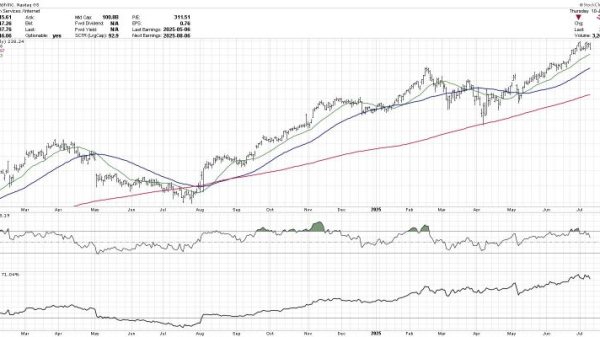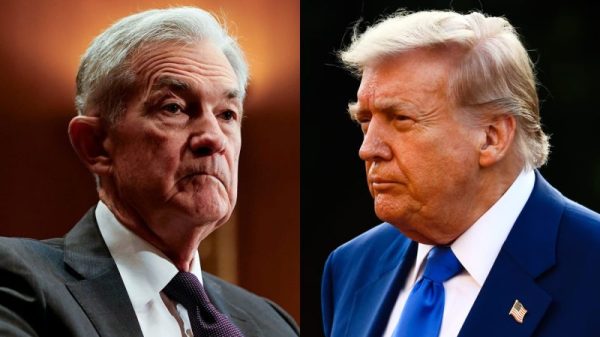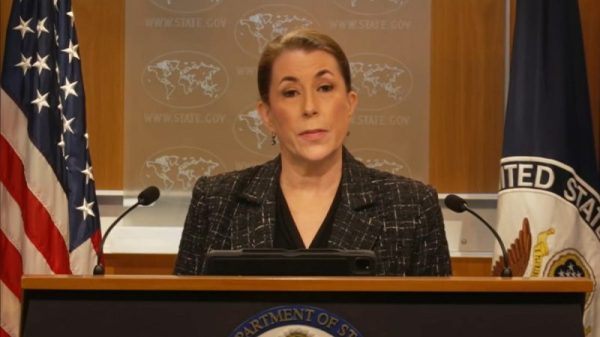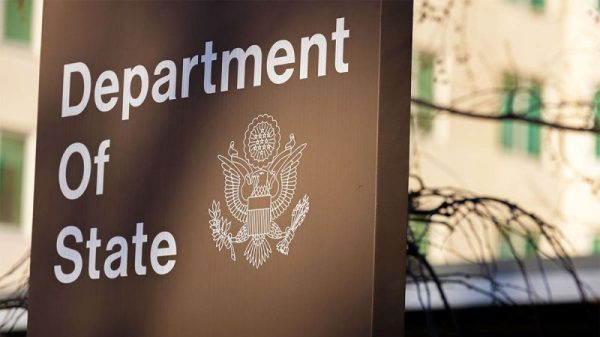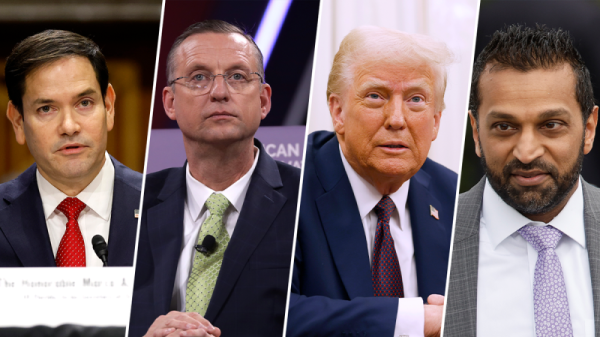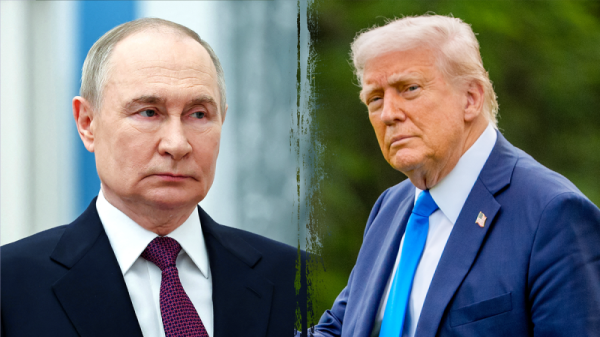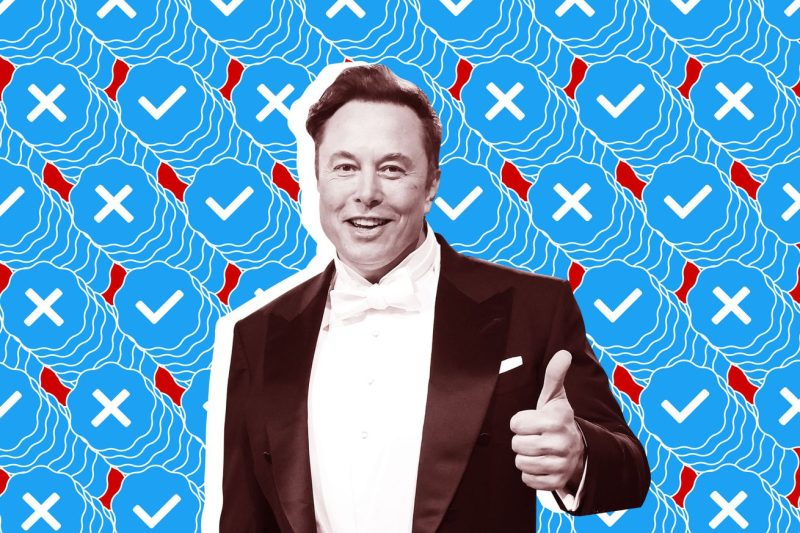In today’s digital age, social media has become an integral part of our lives, offering a platform for users to connect, share, and engage with others. It has also given rise to the phenomenon of blue checkmarks, or verification badges, which are seen as prestigious symbols denoting that an account is authentic and belongs to a public figure, celebrity, or well-known individual. However, recent developments in the European Union (EU) have shed light on the deceptive nature of these blue checkmarks and raised questions about their legitimacy and transparency.
The EU has been taking steps to regulate social media platforms and hold them accountable for their content and user data. One of the issues that has come under scrutiny is the way blue checkmarks are assigned and displayed on platforms such as Twitter and Instagram. While these badges were initially introduced to verify the authenticity of high-profile accounts and prevent impersonation, there are concerns that they have evolved into a status symbol that can be exploited for personal gain or influence.
Critics argue that the blue checkmark system lacks transparency and consistency, leading to confusion among users about what it represents and how it is awarded. In some cases, individuals have reportedly used their connections or influence to obtain verification badges, even if they do not meet the official criteria set by the platform. This has raised questions about the credibility of verified accounts and the extent to which they reflect genuine authenticity and merit.
Furthermore, the proliferation of fake news and misinformation on social media has exacerbated the need for reliable sources and trustworthy content. Blue checkmarks are often perceived as a stamp of credibility, leading users to place greater trust in verified accounts and their posts. However, if these badges can be obtained through questionable means or without proper oversight, they may inadvertently contribute to the spread of false information and undermine the integrity of the platform.
In response to these concerns, the EU is considering imposing stricter regulations on social media companies to ensure greater transparency and accountability in the verification process. This may include clearer guidelines for awarding blue checkmarks, increased scrutiny of verified accounts, and penalties for those who abuse the system. By addressing these issues, the EU aims to uphold the integrity of social media platforms and protect users from deception and manipulation.
In conclusion, the debate surrounding blue checkmarks in the EU highlights the complex challenges of maintaining authenticity and trust in the digital age. While verification badges can serve a legitimate purpose in verifying the identity of public figures and celebrities, they also have the potential to be misused and misinterpreted. By promoting transparency and accountability in the verification process, social media platforms can help ensure that blue checkmarks are truly indicative of credibility and trustworthiness.

